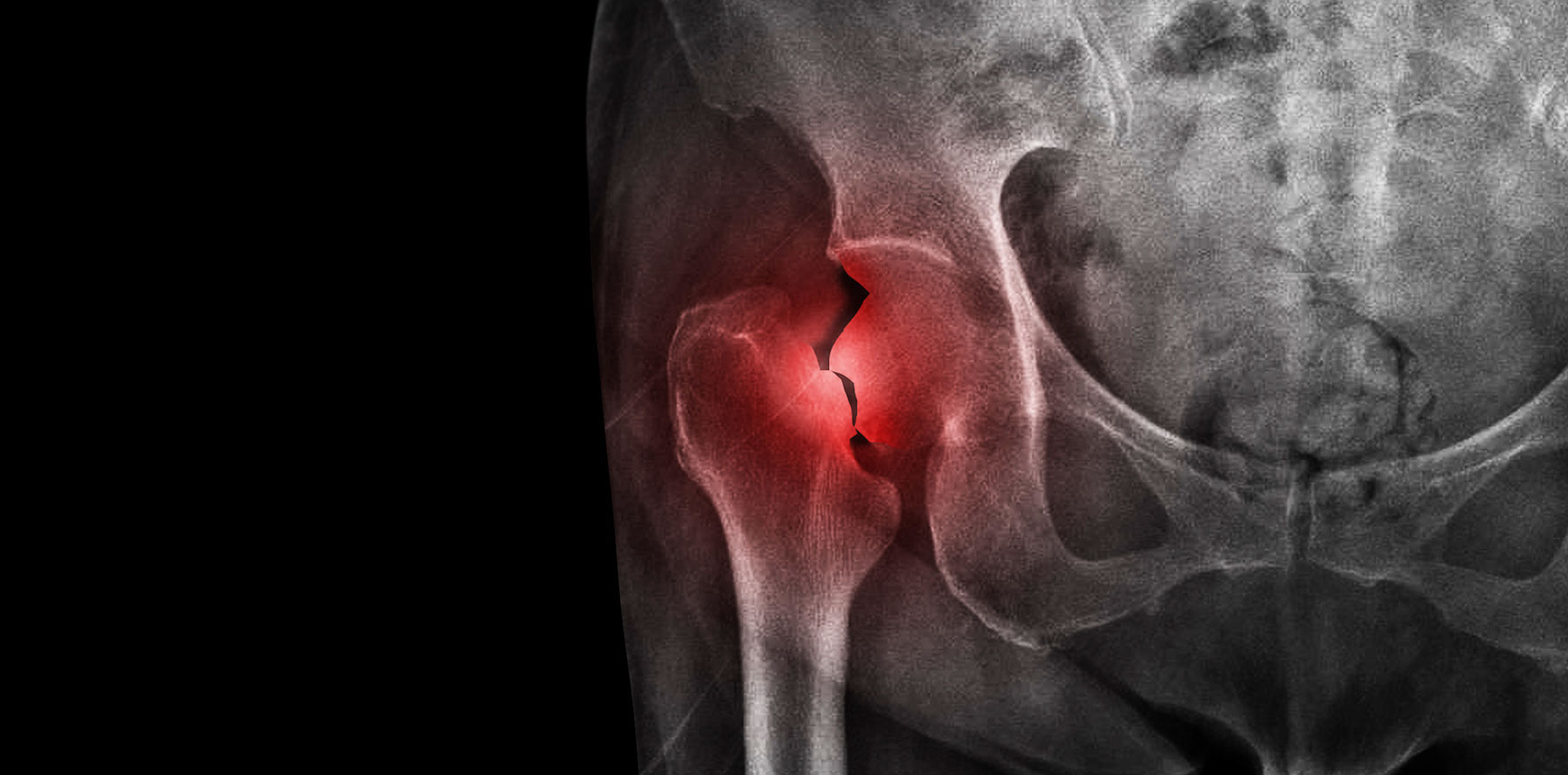Patients with frailty and kidney disease are at particular risk, Australian researchers have found.
Gabapentinoids increase the risk of hip fractures by 30%, especially in older patients who were frail or had kidney disease, new research has found.
The study published this week in JAMA Network Open analysed data for 28,300 patients aged 50+ who were hospitalised for hip fractures in Victoria from 2013 to 2018, 3000 of whom had at least one prior gabapentinoid prescription.
Patients had an adjusted 30% increased odds of suffering a hip fracture within two months of being dispensed a gabapentinoid medication.
They say this is the first study to specifically observe a higher odds of hip fractures in frail patients dispensed gabapentinoids than patients who are not frail.
“The link between gabapentinoids and hip fractures existed across different age groups, but the odds of hip fracture was higher among patients who were frailer or had chronic kidney disease, so these should be important considerations when deciding when to prescribe gabapentinoids,” said Professor Simon Bell, study co-author and director of the Centre for Medicine Use and Safety at Monash. The project was a collaboration between CMUS and researchers from Austin Health and Harvard Medical School.
He said gabapentinoids could be effective for neuropathic pain but could also result in adverse events including dizziness, gait disturbance and balance disorder.
Often seen as a safer alternative to opioids for the treatment of neuropathic pain, gabapentinoid use increased eightfold between 2012 and 2018, with one in seven Australians aged 80 years and older prescribed a gabapentinoid during this period. Currently, gabapentinoids are among the 10 most subsidised medications by volume in Australia.
Lead author and CMUS PhD candidate Miriam Leung, said the study highlighted that caution was needed before prescribing gabapentinoids, especially for people who are prone to falls and fractures.
“Our findings highlight the importance of assessing each patient’s risk before prescribing gabapentinoids,” Ms Leung said.
The authors said the increased risk was similar to that of other falls-associated drugs, such as antidepressants, antipsychotics, benzodiazepines and opioids.
They said the findings substantiated existing evidence that frail people were more susceptible to adverse drug events such as falls.
“Previous studies have shown that frailty score calculators could be successfully integrated into electronic health records to aid clinicians in decision-making at point-of-care,” they wrote.
“Our findings suggest a potential utility of frailty risk scores as a risk stratification tool and the importance of assessing risks of patients individually before prescribing gabapentinoids.”
They said further studies were needed to investigate the risk of hip fracture with different dosages of gabapentinoids and with different degrees of kidney impairment. They are also currently working with the University of Eastern Finland to investigate hip fractures in patients with Parkinson’s disease.




